The 9 most trusted allopathic/western medicine brands to treat diabetes
Introduction
In this article/blog you will be able to know about some useful, trusted, and medically approved allopathic medicines that are good for diabetic patients. Diabetic patients are required to be a little cautious while taking medicines. This article/blog is specifically designed to discuss some easily available Allopathic/western medicines brands that are good for diabetic patients. So, let us first try to understand and know about Allopathic drugs/medicine, diabetes, type 2-diabetes (T2D) and how to regulate and maintain type 2-diabetes by consuming some selected Allopathic medicines.
Allopathic medicine
· Allopathic medicine is also called biomedicine, conventional medicine, mainstream medicine, orthodox medicine, and western medicine.
· Allopathic medicine refers to a system in which medical doctors and other healthcare professionals (such as nurses, pharmacists, and therapists) treat symptoms and diseases using drugs, radiation, and surgery.
Diabetes
· Diabetes is also called diabetes mellitus.
· Diabetes refers to a chronic (long-lasting) disease that occurs either when the pancreas doesn’t produce enough insulin or when the body cannot effectively use the insulin it produces.
Some major causes of type 2-diabetes are:
· Type 2-diabetes is primarily the result of cells in muscle and fat and the liver becoming resistant to insulin.
· Person is not physically active
· Overweight or obese
· High blood pressure
· Family history
Pancreas
· The pancreas is an organ and a gland, located in the back of your abdomen (belly).
· The pancreas is a part of your digestive system.
· Pancreas makes pancreatic juices called enzymes to break down sugars, fats, and starches during digestion.
· The pancreas also helps your digestive system by making hormones.
· The pancreas produces insulin to help the body store the glucose (energy) away.
Insulin
· Insulin refers to a peptide hormone produced by beta cells of the pancreatic islets.
· Insulin regulates the metabolism of carbohydrates, fats and protein by promoting the absorption of glucose from the blood into liver, fat, and skeletal muscle cells.
· Insulin is considered to be the main anabolic hormone of the body.
Insulin resistance
Insulin resistance refers to a situation when cells in your muscles, fat, and liver don’t respond well to insulin and can’t easily take up glucose from your blood.
Type 2-diabetes (T2D)(Insulin resistance)
· Type 2-diabetes refers to a long-term (chronic) medical health condition in which your body doesn’t use insulin properly resulting in too much sugar circulating in the bloodstream.
· Type 2-diabetes (formerly called non-insulin-dependent, or adult-onset) results due to the body’s ineffective use of insulin.
· Type 2-diabetes is the most common type of diabetes.
· More than 95% of people with diabetes have type 2-diabetes.
Relation among digestive system, the pancreas, insulin, and type 2-diabetes (T2D)
As soon as food is eaten, the pancreas releases digestive enzymes into the bowel to break food down. As the food is digested, the nutrient levels in the blood rise. As the glucose enters the bloodstream, blood sugar levels go up, when it does, the pancreas sends insulin into the blood. Insulin helps open cells throughout the body to let glucose in, giving the cells the energy they need. In type 2-diabetes, the pancreas makes insulin, but the cells don’t respond to it as they should.
Some early signs and symptoms of diabetes are:
· Frequent urination
When your blood sugar is high, your kidneys expel the excess blood sugar, causing you to urinate more frequently.
· Increased thirst
· Fatigue
· Blurred vision
· Increased hunger
· Unexplained weight loss
· Slow healing cuts and wounds
· Tingling or numbness in the hands or feet
A medical blood test that tells the level/condition of blood in your body:
A1C level
· A1C level shows the level/condition/ situation of your diabetes.
· For normal diabetes, A1C level is 5.7%
· For pre-diabetes, A1C level is 5.7% to 6.4%.
· For diabetes, A1C level is 6.5% or more. (Higher your A1C means the greater your risk is for developing type 2 diabetes).
Some common benefits of taking/consuming Allopathic drugs/medicines while treating diabetes are:
· Allopathic medicines help in reducing blood sugar without causing hypoglycemia (low blood sugar).
· Allopathic medicines also help the pancreas make more insulin.
The most common and trusted allopathic/modern drugs/medicine brands to treat diabetes are:
· Insulin (long and rapid-acting)
· Metformin (biguanide class)
· Glipizide (sulfonylurea class)
· Glimepiride (sulfonylurea class)
· Alpha Glucosidase inhibitors (AGI)
· Meglitinides
· Invokana (sodium glucose cotransporter 2 inhibitor class)
· Jardiance (SGLT2 class)
· Januvia (dipeptidyl peptidase 4 inhibitor)
Insulin (long and rapid-acting)
· Patients with type 1 diabetes (T1D) must be treated with insulin, as the beta cells in their pancreas no longer produce it.
Side effects
Patients on insulin may experience weight gain, constipation, redness, swelling, blurred vision, numbness, and itching at the injection site.
Metformin (biguanide class)
· Metformin is considered the first-line oral agent for patients with diabetes and can be used to treat pre-diabetes.
· Metformin works by decreasing glucose production in the lever, increasing insulin sensitivity, and lowering intestinal sugar absorption.
Side effects
Metformin is tough in the beginning, patients may experience gastrointestinal upset, such as abdominal cramping, diarrhea, and flatulence.
Glipizide (sulfonylurea class)
· Glipizide medication works by stimulating insulin secretion from the beta cells in the pancreas, which then causes a decrease in postprandial blood glucose.
· Glipizide is used for the treatment of T2D.
· Glipizide drug has been shown to reduce A1C levels by 1% to 2% and works best when taken 30 minute before a meal.
Side effects
Glipizide efficacy decreases after long-term use, as the beta cell function may start to decline.
Glimepiride (sulfonylurea class)
· Glimepiride drug works best when combined with a proper diet and exercise.
· Glimepiride is preferred for patients with cardiovascular disease.
Side effects
Patients gain weight by little amount
Alpha Glucosidase inhibitors (AGI)
Alpha Glucosidase inhibitors (AGI) are oral anti-diabetic drugs commonly used in the treatment of people with T2D.
Side effects
Flatulence, diarrhea, and abdominal pain
Meglitinides
· Meglitinides work by stimulating the pancreas to release insulin in response to a meal.
· Meglitinides treat T2D and control blood glucose level.
Side effects
Patients on meglitinides may experience sweating, shakiness, weight gain, lightheadedness, hypoglycemia (low blood sugar) and confusion.
Invokana (sodium glucose co-transporter 2 inhibitor class)
· Invokana works by inhibiting the sodium glucose co-transporter 2 (SGLT2), which causes a reduction in the absorption of filtered glucose.
· Invokana causes the patient to excrete excess glucose through their urine, lowering plasma glucose concentrations overall.
· Invokana drug has been shown to reduce A1C levels by 0.7% to 1%.
Side effects
Invokana drugs can bring about significant weight loss.
Jardiance (SGLT2 class)
· Jardiance is good for patients with renal impairment as it reduces the risk for new or worsening kidney disease by 39%.
· Jardiance demonstrated decreased hospitalization rates from heart failure in at least 40% of patients.
Side effects
Patients on Jardiance may experience dehydration, dizziness, weakness, low blood sugar, nausea, lightheadedness, and upper respiratory tract infection.
· Januvia works by regulating blood glucose levels by increasing the release of insulin from the beta cell and decreasing the secretion of glucagon.
· Januvia drug has been shown to reduce A1C levels by 0.5% to 0.8% and significantly decrease post-prandial blood glucose levels.
Side effects
Patients on Januvia may experience edema, rash, and UTIs.


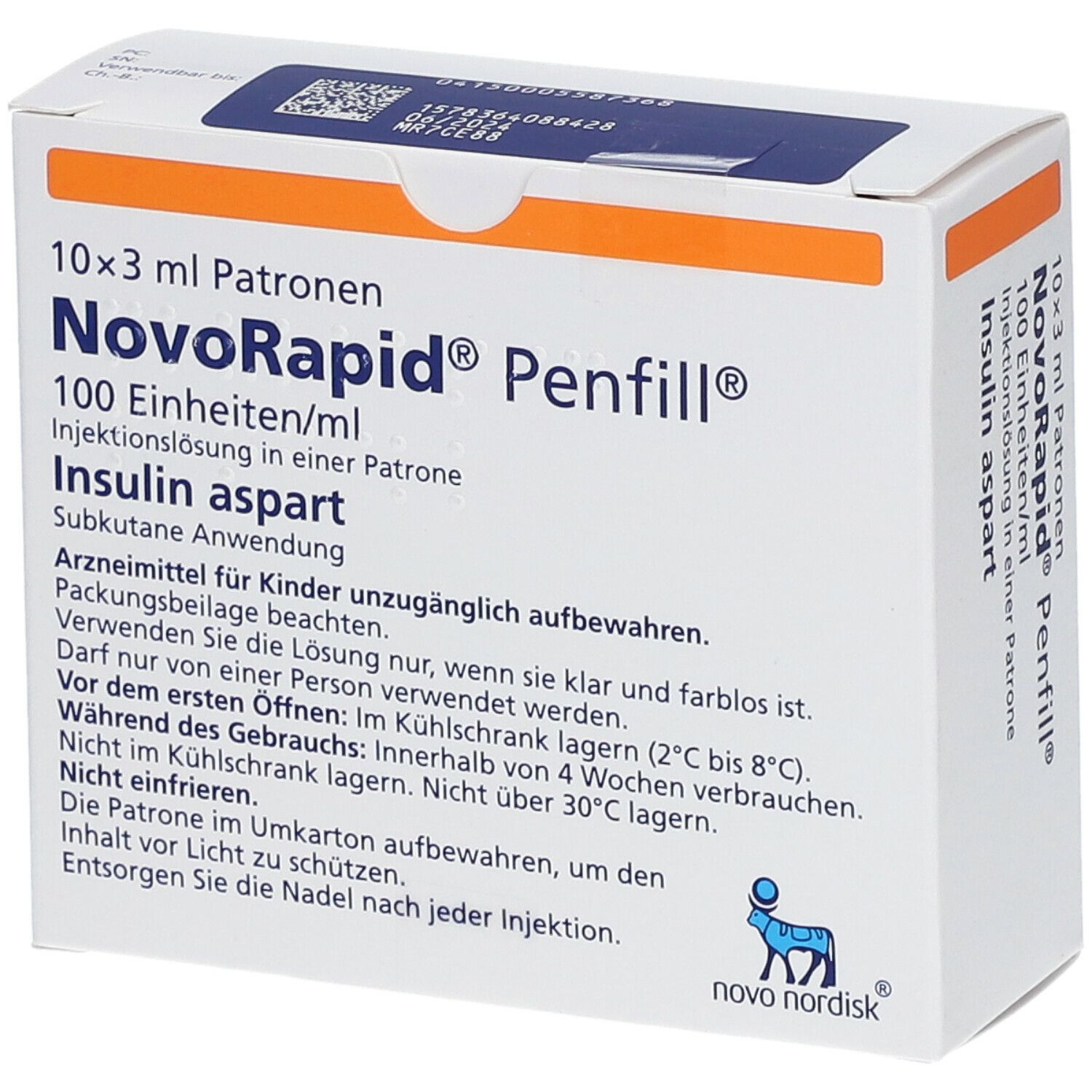



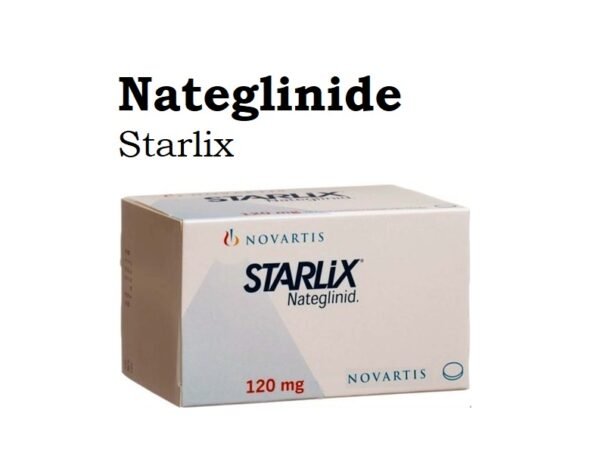
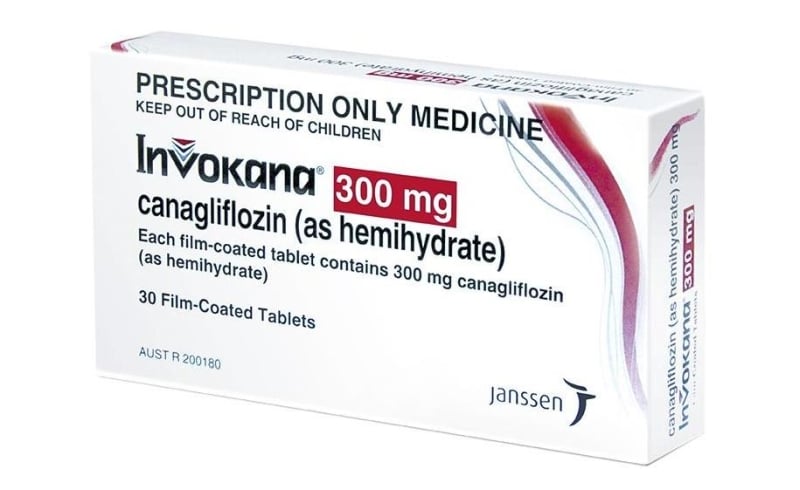
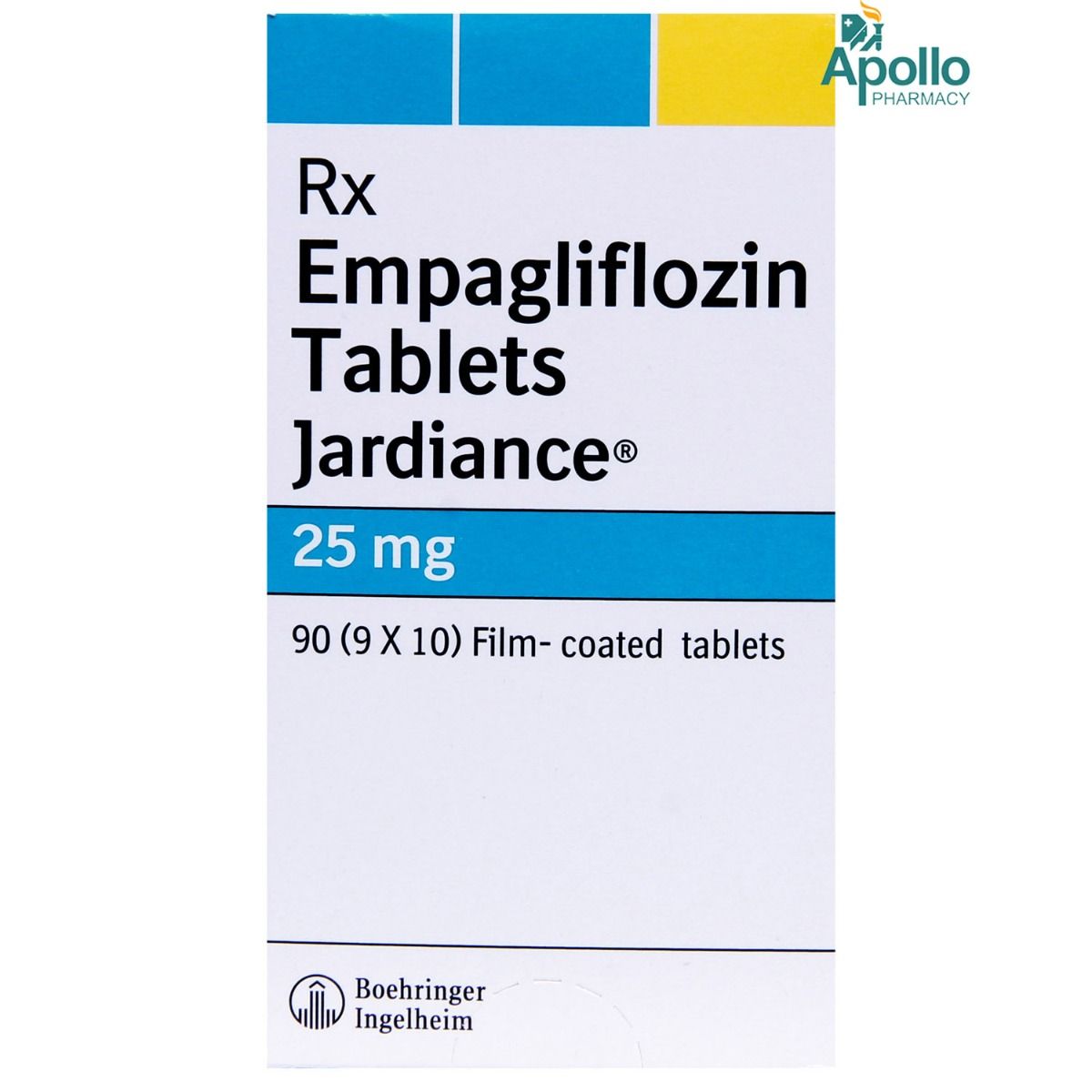
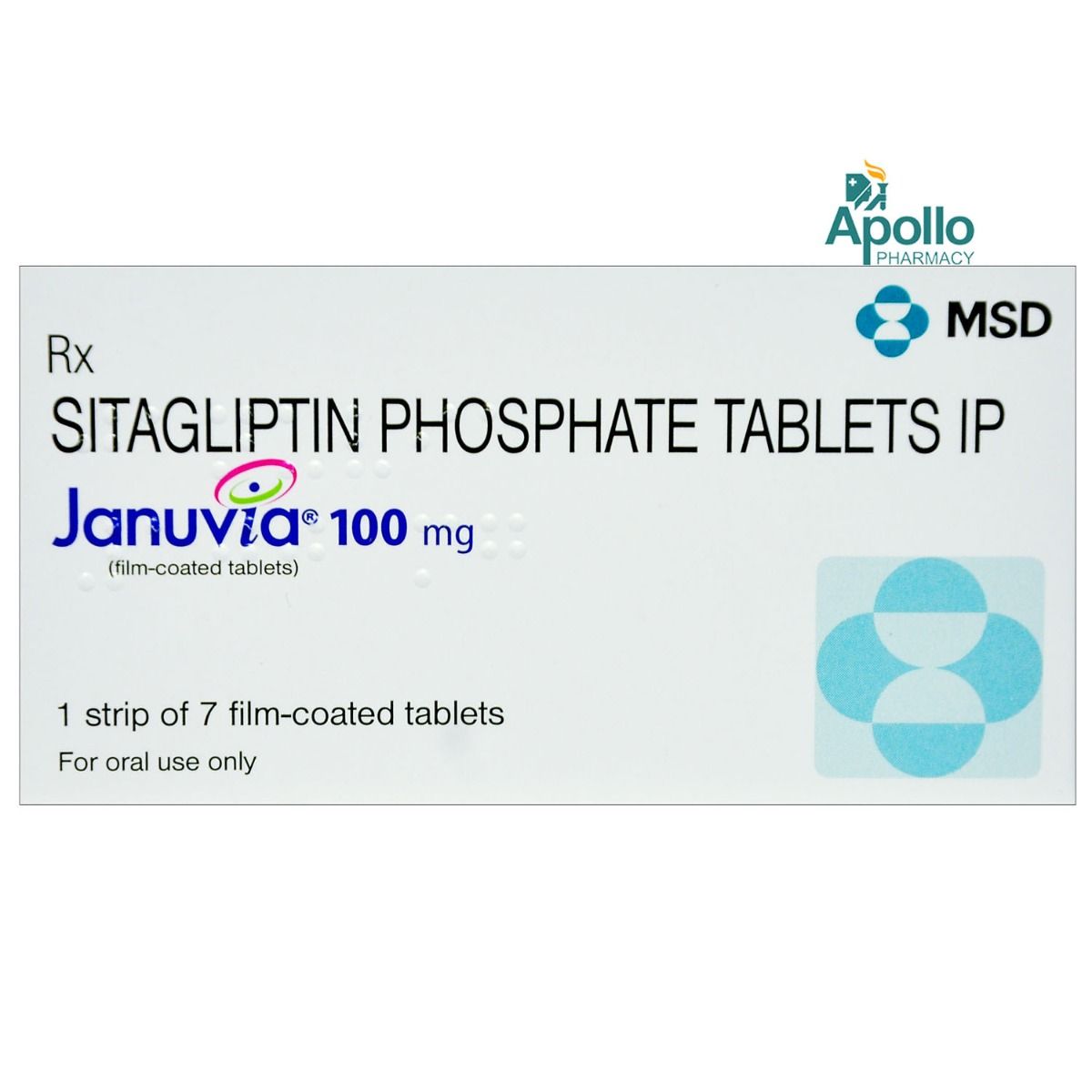




No comments:
Post a Comment